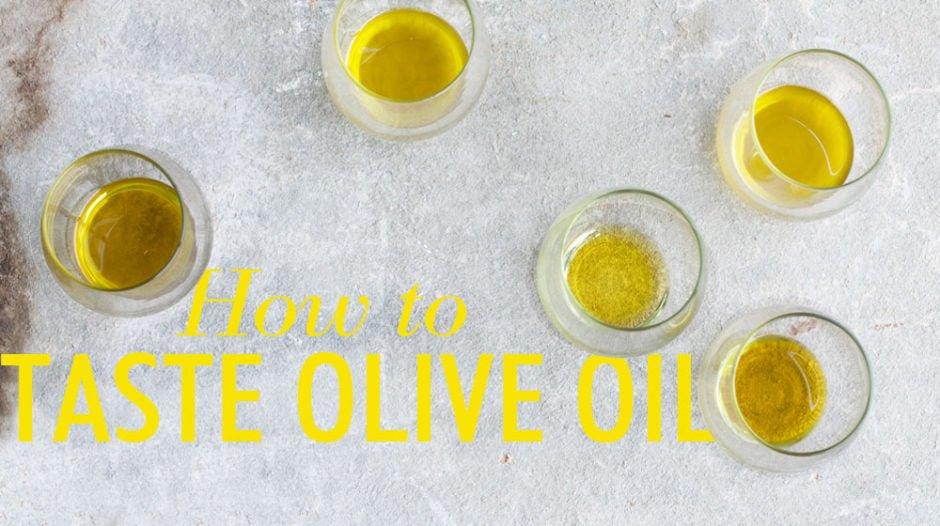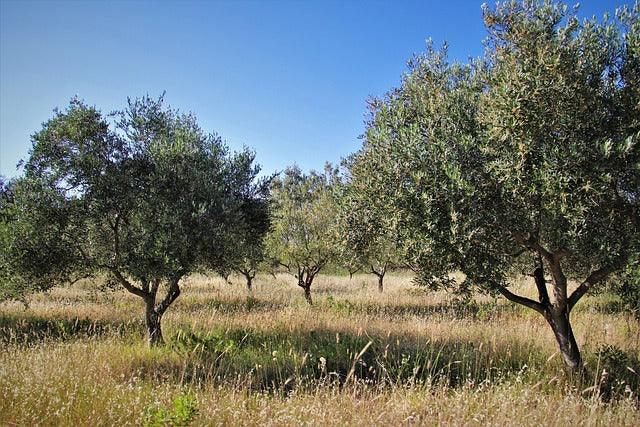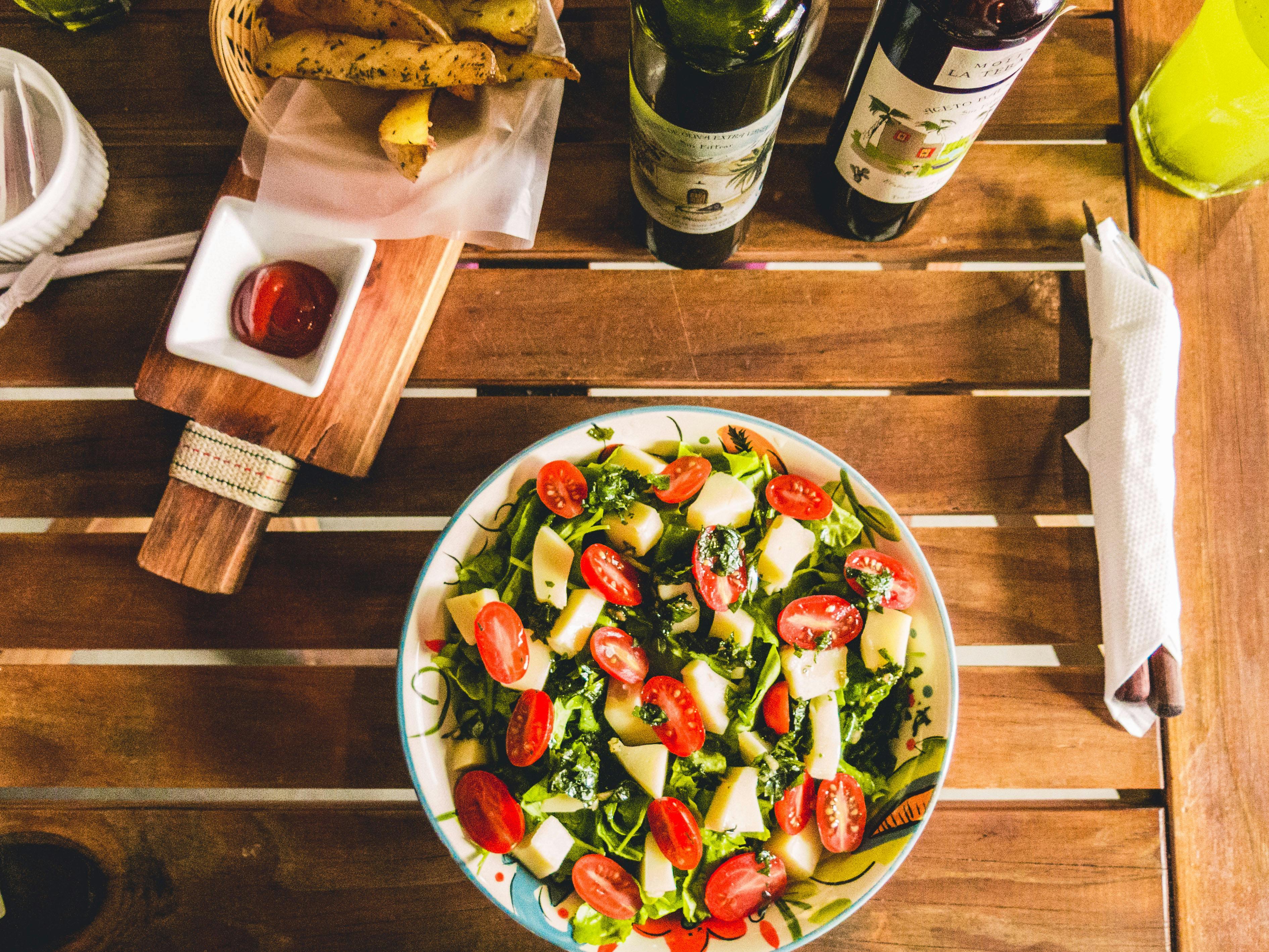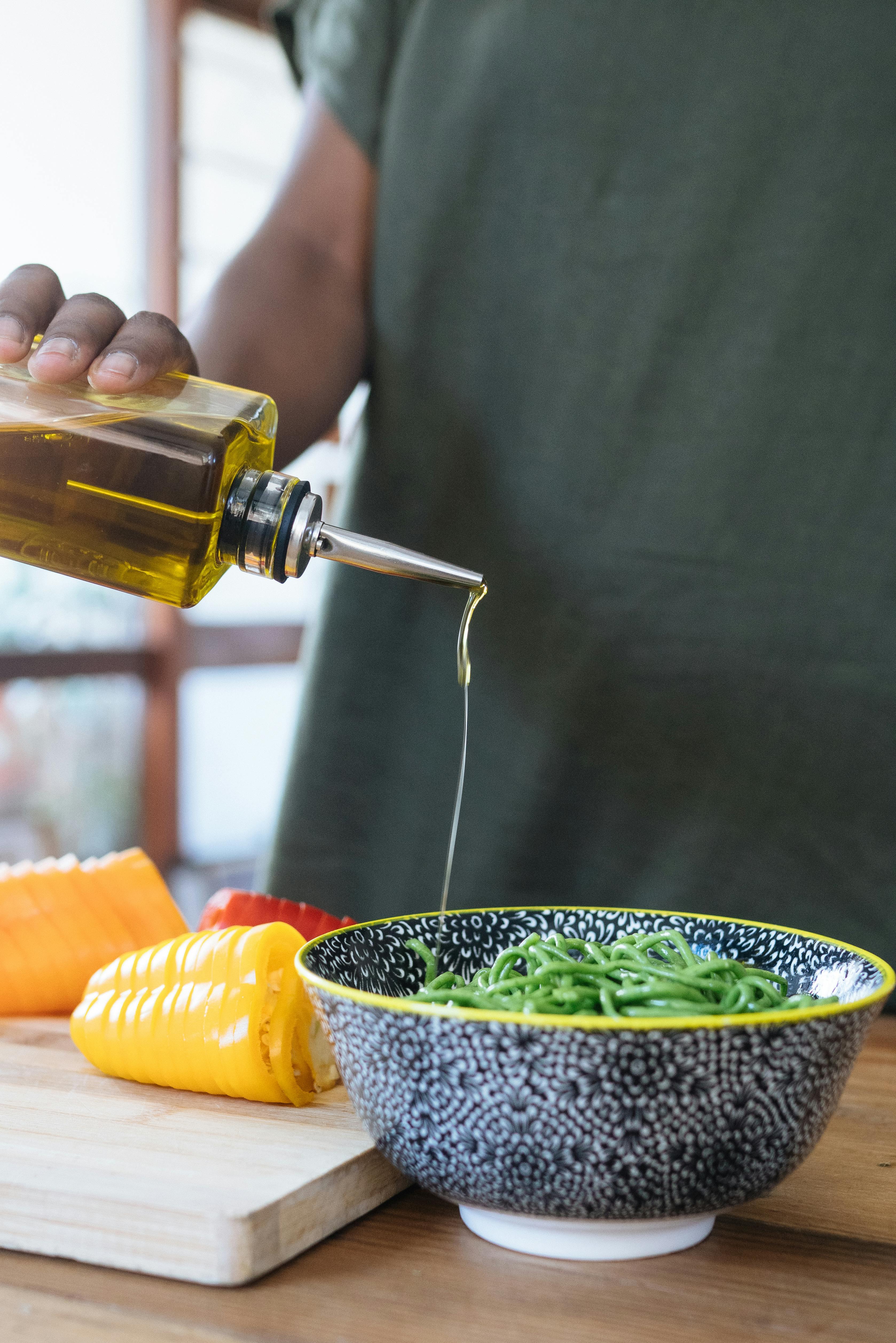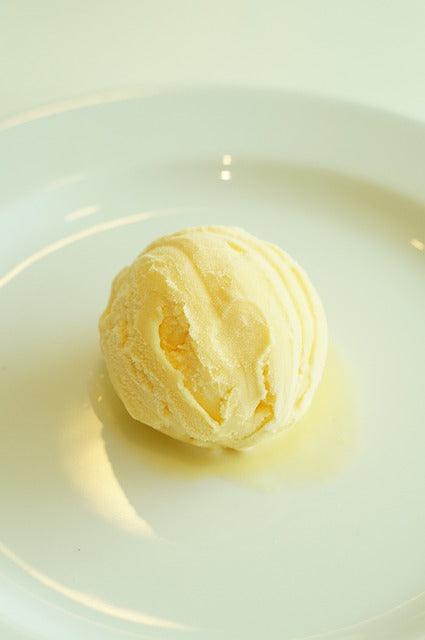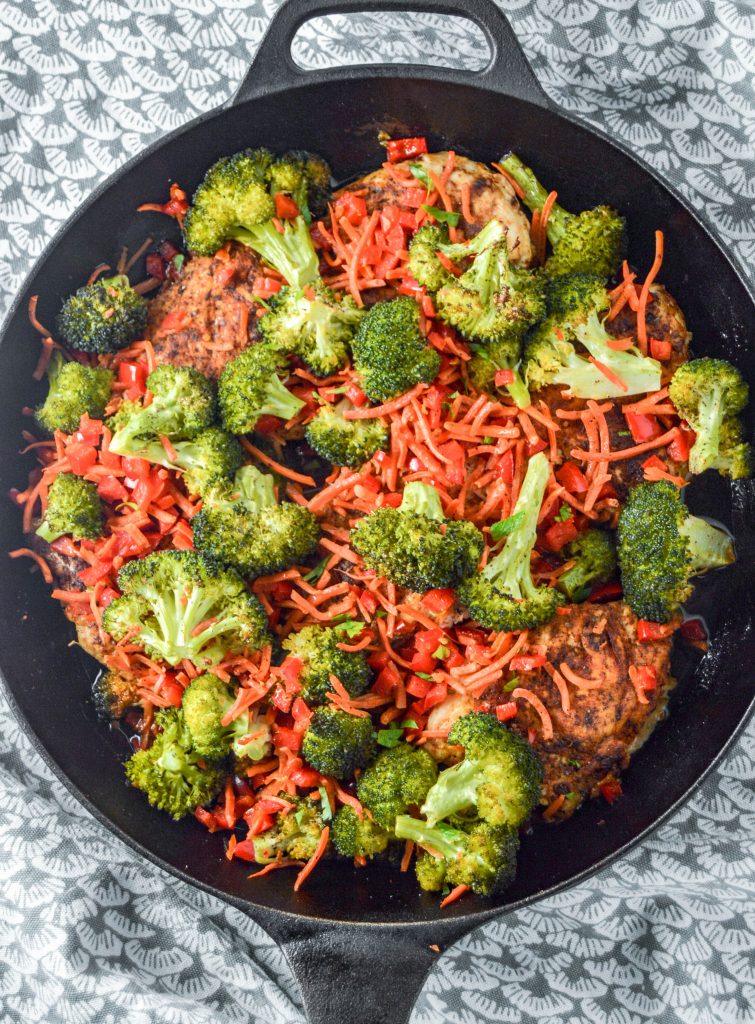When we think about tasting sessions, wine and cheese often come to mind. However, in the world of gourmet food, olive oil tasting is steadily gaining recognition. Just as wine embodies the essence of a vineyard's terroir, olive oil captures the distinctive characteristics of its place of origin. It's an experience that goes beyond indulgence. It's about appreciating culture, tradition, and craftsmanship.
The Art of Olive Oil Tasting
Olive oil tasting is an art that invites you to use your senses. Like wine, each olive oil has a unique flavor profile depending on the variety of olive, the region in which it is grown, and the method of extraction. From the vibrant Arbequina Extra Virgin Olive Oil to the potent Castillo de Canena Picual Olive Oil, every olive oil tells a story that is waiting to be unraveled.
Understanding Flavor Profiles
In olive oil tasting, the aim is not just to identify whether an oil is good or bad, but also to appreciate its complexity and personality. Some olive oils have a fruity, almost sweet flavor, like the Ardoino Olive Oil, while others pack a peppery punch, such as the Chipotle Olive Oil.
Between these two extremes are countless other profiles. The Cretan Harvest Olive Oil, for instance, carries a buttery smoothness that concludes with a peppery finish. Meanwhile, the Atlas Extra Virgin Olive Oil is lauded for its harmonious balance of bitterness and pungency, making it a versatile choice for many dishes.
Navigating Olive Oil Terminology
As you delve into the world of olive oil tasting, you'll encounter a myriad of terms to describe their flavors and aromas.
"Fruity" refers to the fresh flavor that reminds you of healthy, fresh olives. "Bitter" is a positive attribute that signifies the presence of healthy antioxidants. "Pungent" describes the peppery sensation in the throat, another indication of high antioxidant content.
On the other hand, terms like "fusty," "musty," or "winey" indicate defects often caused by poor handling of the olives or incorrect processing.
How to Conduct Your Olive Oil Tasting
Embarking on your olive oil tasting journey doesn't require much. With a selection of olive oils, some suitable tasting glasses, and a curious palate, you're good to go.
- Choose Your Olive Oils: A good starting point would be to select oils with varying flavor profiles. This could be an assortment of extra virgin olive oils like the aromatic Arabic Olive Oil, the robust Calabrian Olive Oil, and the fruity Azienda Agricola Olive Oil.
- Set Up Your Tasting Area: Pour each oil into a separate tasting glass. Professional tasters often use blue glasses to disguise the color of the oil, preventing color from influencing their perception of taste.
- Warm the Olive Oil: Gently cup the glass in your hand and cover the top with your other hand to trap the aromas within the glass.
- Take a Sniff: Remove your hand from the top of the glass and take a sniff. What do you smell? Is it fruity? Grassy? Nutty?
- Taste the Olive Oil: Take a small sip of the oil but don't swallow it right away. Slurp it by drawing in some air to distribute the oil across your palate. This action helps to release the oil's aromas.
- Swallow and Evaluate: Finally, swallow the oil. Note the flavors you sensed. Was it bitter? Spicy? Sweet? Try to associate the flavors and aromas with familiar sensations to help you remember them.
Remember, there are no right or wrong answers when it comes to what you might detect in an olive oil. The goal is to engage your senses, and more importantly, to enjoy the experience.
Beyond the Tasting Session
Tasting sessions can elevate your appreciation for olive oil, but they can also guide your cooking adventures. Once you've identified the flavors you like, you can use your preferred olive oils more effectively in your recipes.
For instance, a robust, peppery olive oil like the Lantzanakis Olive Oil could be perfect drizzled over a hearty steak, while a delicate, fruity olive oil like the Go Natural Olive Oil might be better suited to a fresh, crisp salad.
Moreover, olive oil tastings can be a fun, educational activity for gatherings. Consider hosting an olive oil tasting party or even gifting an olive oil sampler set. Our Olive Oil Tasting Kit is perfect for beginners and includes a range of carefully curated oils to start you off.
Olive oil is more than just a kitchen staple—it’s a journey of the senses, a passport to the sun-drenched Mediterranean. So why not embark on an olive oil tasting adventure? The world of olive oil awaits you.7
To learn more about the rich history and benefits of olive oil, check out these additional resources:
- Health Benefits of Olive Oil
- The Mediterranean Diet Guide
External Links:
- Harvard T.H. Chan School of Public Health: The Nutrition Source
- Healthline: 11 Proven Benefits of Olive Oil
These links provide valuable information and insights that can enhance your understanding and appreciation of olive oil's historical and contemporary significance.
